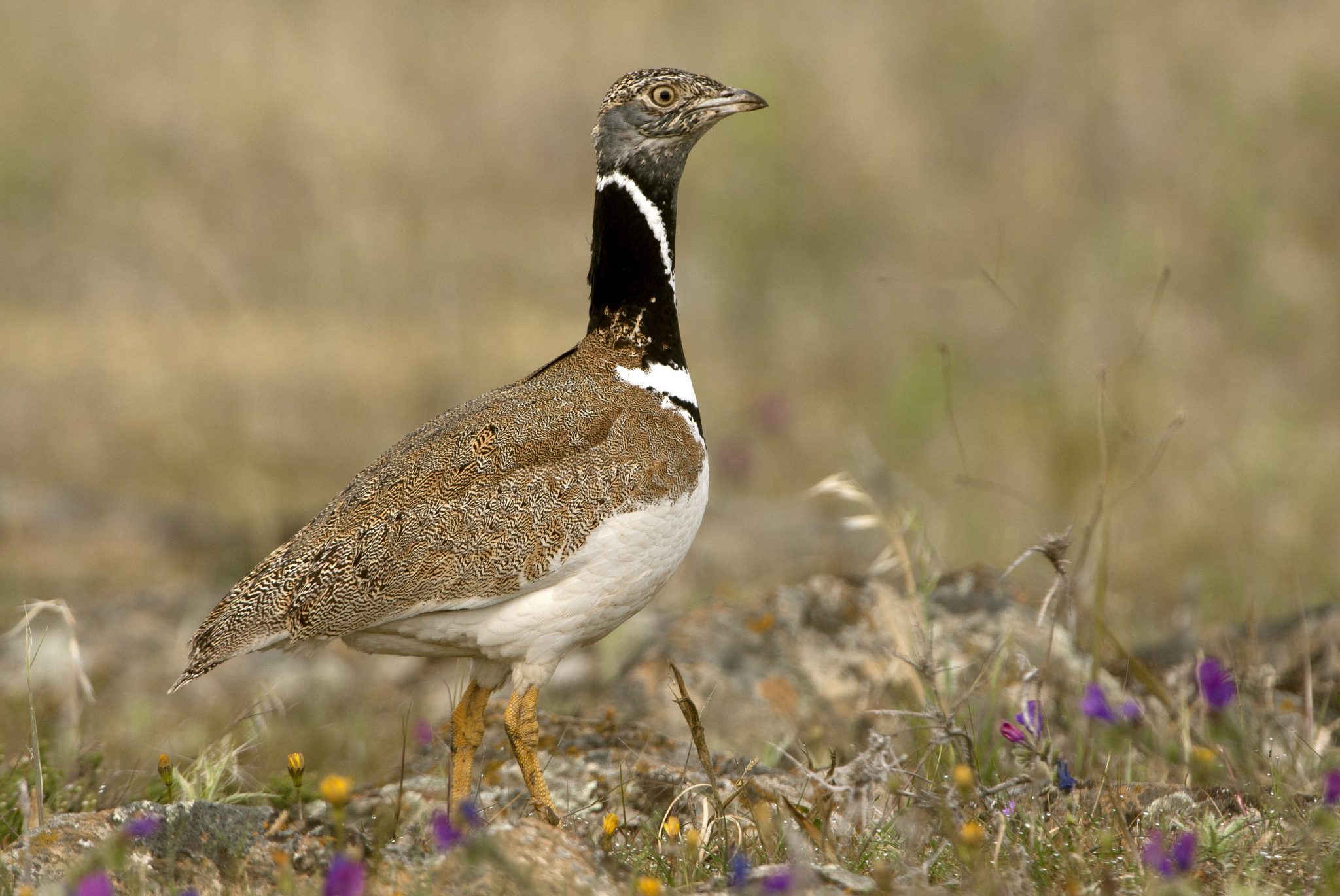And study about the birds in grain agroecosystems of Europeled by experts from the Autonomous University of Madrid (UAM)has shed light on its serious consequences intensive agriculture has on agricultural bird populations in Europe.
The results, published in Basic and applied ecologymark how intensive agriculture not only reduces the taxonomic diversity of avebut also has a significant impact on their functional diversity, an aspect that has been little explored so far.
The investigation focused on grain agroecosystems and examined the response of bird functional diversity to a gradient of agricultural intensification across Europe. Using bibliographic information on life cycle characteristics of 30 species of birdsthe researchers calculated several indices of functional diversity and analyzed their relationship with them intensive agricultureboth at landscape scale and at field level.


Specifically, results showed that greater intensification at the field level promotes the assembly of communities of shorter-lived and smaller birds, in addition to reducing overall trait diversity, including relative brain size.
Intensive farming is killing birds in grain agroecosystems in Europe
The intensive agriculture It also limits the variety of parents’ investment strategies. Worryingly, an increase in the number of generalist species was observed, including some introduced or managed for hunting, at the expense of species typically adapted to croplands and grasslands, which are more associated with providing ecosystem services.
“Most studies emphasize the role of undeveloped landscape elements in maintaining functional ecological communities in agricultural landscapes, but our study indicates on a European scale that what is done in each area has a profound impact on the composition and functionality of these communities , which also affects the delivery of ecosystem services,” says co-author Irene Guerrero, researcher at the EU Joint Research Center in Ispra (Italy).
For his part, Manuel B. Morales, professor of ecology at the UAM and co-author of the study warns: “The increasing intensification of management is turning our agricultural landscapes into simplified ecosystems, composed of impoverished and homogenized communities where the presence of exotic species may increase.”
Finally, Juan Oñate, professor of ecology at the UAM and signatory of the work, concludes that “only a less intensive management of agriculture and based on the ecological processes themselves could avoid this point.”

